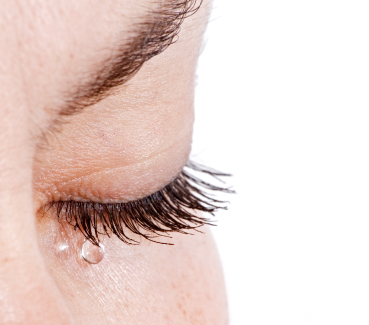
- What is post partum ‘blues’? Is it common?
Post partum mood disorders could be divided into three categories i.e post partum ‘blues’, post partum depression and post partum psychosis. Post partum ‘blues’ is the least severe of the three post partum mood disorders. Up to 70 – 80% of mothers suffer from this which usually starts about 4-5 days after delivery. Usually it will resolve within 1-2 weeks on its own without the use of any medication. The person will experience some of the symptoms below:
- Crying for no reason
- Difficulty in sleeping, eating and making decision
- Irritable and anxious
- What is post partum depression?
About 10% of women post partum has post partum depression. The symptoms usually start 1 – 3 weeks post delivery, but could start anytime during the first year after delivery. The symptoms may be more intense and strong. In addition, the symptoms do not resolve after a week and may in fact be worse. You should suspect post partum depression if you have the following symptoms:
- The baby blues symptoms does not fade after 1 week
- Strong feelings of anger or emotions occur about 1 – 2 months after delivery
- Unable to perform normal daily functions due to the emotions
- Gets panic attacks
- Change in appetite
- No longer interested in doing things that she normally enjoys
- Concern and anxiety regarding the baby is intense or on the opposite hand demonstrate lack of interest in the baby.
- Having feeling of self harm or suicidal
If you suspect yourself or your partner / relative to have the symptoms above please seek help from your doctor as soon as possible.
- What is post partum psychosis?
This is the most severe form of post partum depression. Fortunately, it is rare and occurs about 1 in 1000 pregnancies. The symptoms include:
- Suicidal thought
- Delusion and hallucination
- Who is at risk of developing post partum mood disorders?
- History of depression prior to pregnancy
- History of post partum depression in previous pregnancy
- Mothers of usually have lack of support
- Recent stress e.g death of a loved one, loss of job, marital difficulties, moving to a new city
- Family history of mental disorders
- Experience difficult pregnancy or obstetric complications during delivery.
- Personal or family history of thyroid problems
- How could I cope with post partum blues or depression?
- Get help from your partner and family.
- Get enough sleep and eat well. Take care of yourself well
- Share your feelings with closed ones
- Exercise outdoors just to have a change in environment
- Go and speak to your doctor. You may need just reassurance or if required your doctor will prescribe you with some medications which has more benefit than harm.
- What could a partner or family do if they suspect that a new mother is suffering from post partum disorders?
Bring them to the doctor, so the doctor could diagnose and manage it especially if the symptoms do not resolve within 2 weeks or is intense, severe with suicidal behaviour or thoughts. Provide them with physical and emotional support. Try to not leave them alone.
REFERENCES:
R Cantwell, J.L.Cox. Psychiatric disorders in pregnancy and the puerperium. Current Obstetrics and Gynaecology 2006; 16: 14 – 20
Filed under Post Partum Care, Uncategorized | No Comments








